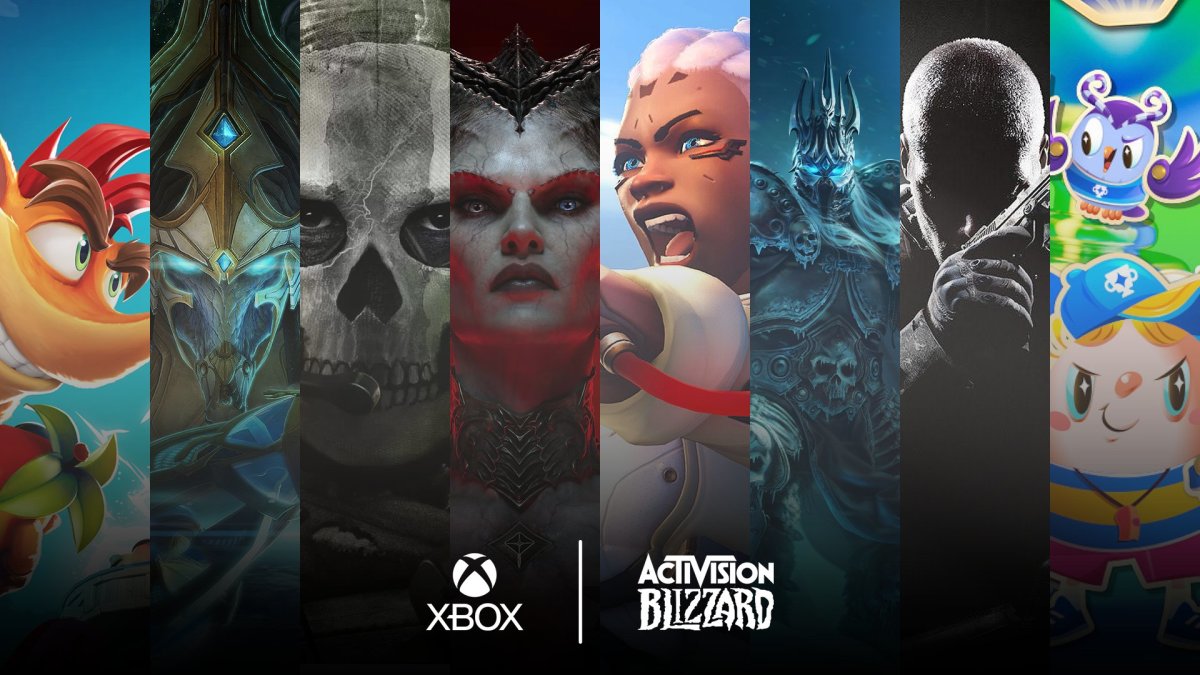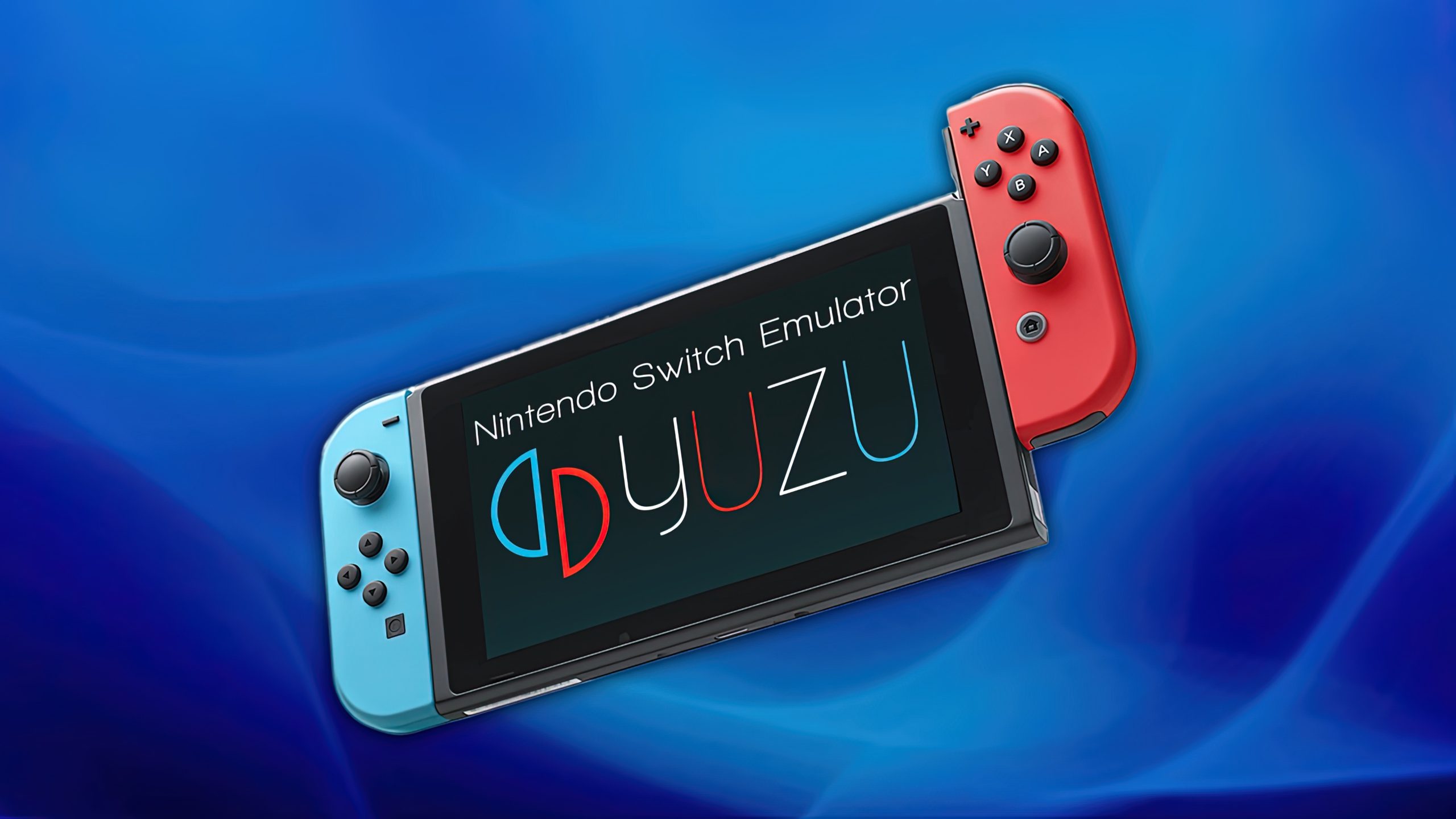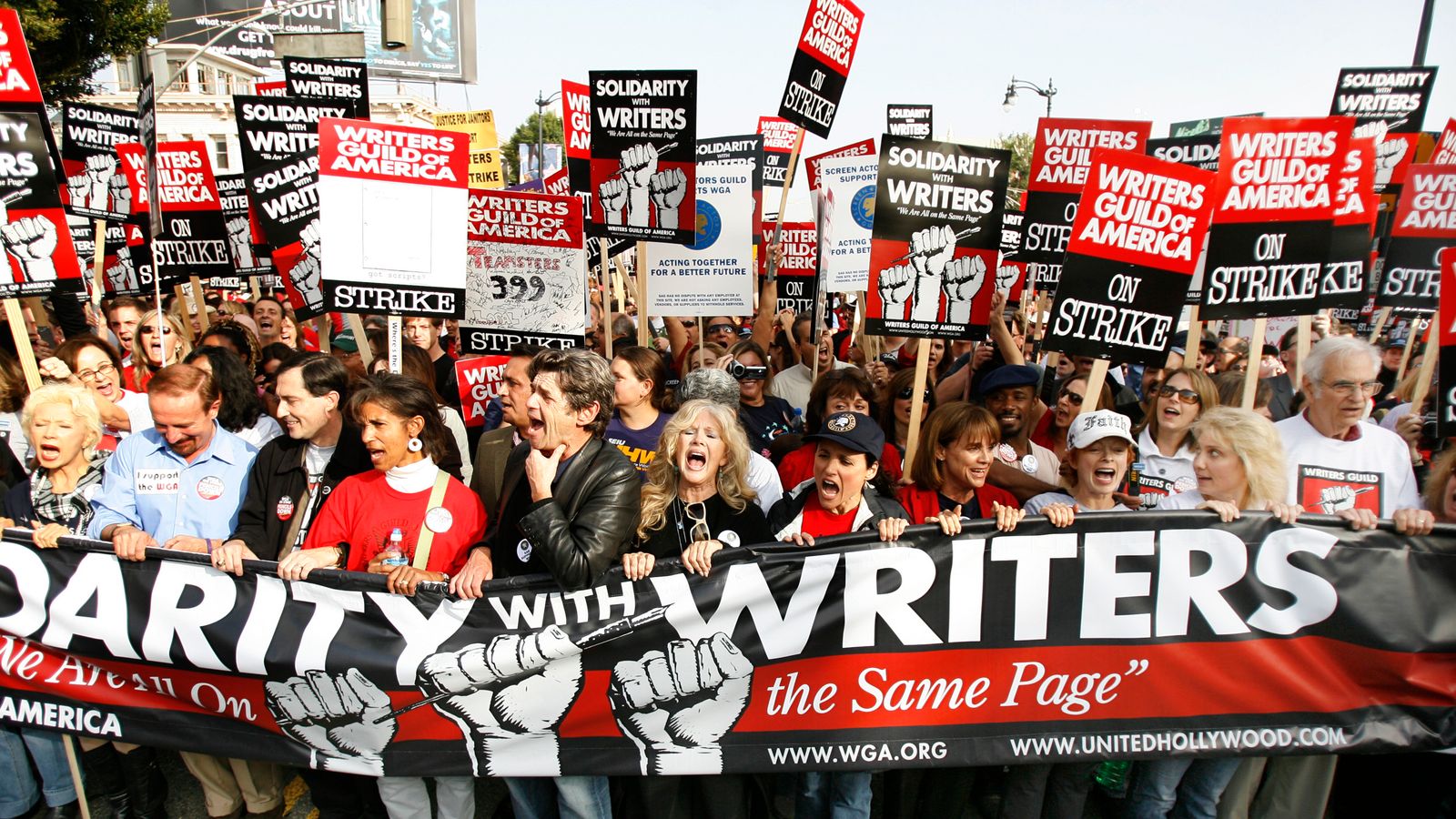FTC's Appeal: Future Of Microsoft's Activision Blizzard Acquisition Uncertain

Table of Contents
The FTC's Case Against the Merger
The FTC's core argument against the Microsoft-Activision Blizzard merger centers on concerns about reduced competition in the gaming market, particularly regarding the immensely popular Call of Duty franchise. The commission alleges that the merger would give Microsoft an unfair competitive advantage, potentially stifling innovation and harming consumers.
-
Allegations of anti-competitive practices: The FTC argues that the merger would allow Microsoft to leverage its ownership of Activision Blizzard's properties, including Call of Duty, to harm competitors like Sony and Nintendo. This could involve making Call of Duty exclusive to Xbox consoles or making it less accessible on competing platforms.
-
Concerns about Microsoft's market dominance and potential for abuse: The FTC points to Microsoft's substantial market share in the gaming industry, particularly in the cloud gaming sector, arguing that the acquisition would further consolidate this power, leading to potential anti-competitive behavior.
-
The FTC's focus on preserving competition in the console and cloud gaming spaces: The commission emphasizes the importance of maintaining a competitive landscape in both the traditional console market and the rapidly growing cloud gaming sector. They argue the merger would significantly hinder competition in both.
-
The argument that the merger would harm consumers through higher prices or limited choices: The FTC contends that reduced competition could result in higher prices for games, fewer game choices for consumers, and a decline in innovation.
Supporting this claim, the FTC cites Microsoft's previous acquisitions and its market position, highlighting statistics illustrating Microsoft’s growing market share in gaming subscriptions and cloud gaming services. The complaint filed by the FTC provides detailed analysis of the gaming market and the potential impact of the merger.
Microsoft's Defense and Counterarguments
Microsoft has vigorously defended the merger, arguing that it will benefit both consumers and the gaming industry as a whole. Their core counterarguments aim to alleviate the FTC's concerns.
-
Microsoft's commitment to keeping Call of Duty multi-platform: A central point of Microsoft's defense is its commitment to continue releasing Call of Duty on PlayStation consoles, ensuring continued availability for a wide range of gamers. They’ve offered long-term contractual agreements to Sony to solidify this promise.
-
Arguments that the merger will foster innovation and competition: Microsoft argues that the combination of their resources and Activision Blizzard's game development expertise will lead to increased innovation and a broader range of high-quality games for consumers.
-
Discussion of Microsoft's proposed concessions to address FTC concerns: To address the FTC's concerns, Microsoft has offered various concessions, including pledges to maintain Call of Duty availability on other platforms and licensing agreements to ensure continued competition.
-
Emphasis on the benefits for game developers and consumers: Microsoft highlights the potential benefits for game developers, arguing that the merger would provide them with more resources and opportunities. They also stress the wider selection and potential price reductions for consumers resulting from increased scale.
Microsoft has publicly released documents outlining their proposed remedies and commitments, aiming to demonstrate their willingness to address the FTC's concerns.
The Appeal Process and Potential Outcomes
The FTC's appeal process involves a complex legal battle. The timeline is uncertain, but several potential outcomes exist:
-
Explanation of the court's jurisdiction and the legal standards applied: The court will review the FTC's arguments and apply relevant antitrust laws to determine whether the merger violates competition regulations.
-
Potential outcomes: The court could rule in favor of the FTC, blocking the merger; it could rule in favor of Microsoft, allowing the merger to proceed; or a negotiated settlement could be reached between the parties.
-
The implications of different outcomes for the gaming industry: A ruling against the merger could significantly alter the gaming landscape, potentially leading to increased competition or hindering consolidation. A ruling for the merger could accelerate consolidation within the industry.
-
Discussion of the precedent this case could set for future mergers and acquisitions in the tech industry: This case is likely to set a significant precedent for future mergers and acquisitions in the tech sector, particularly in the gaming and entertainment industries.
The appeal process will likely involve detailed legal arguments, expert testimony, and a thorough examination of the gaming market. Similar antitrust cases, such as past challenges to large tech mergers, provide context for understanding the legal complexities involved.
Wider Implications for the Gaming Industry
The FTC's Activision Blizzard appeal has far-reaching implications for the gaming industry:
-
Impact on game development and publishing: The outcome could influence future mergers and acquisitions in the gaming industry, potentially altering the landscape of game development and publishing.
-
Effects on competition among console manufacturers: The ruling will affect competition among console manufacturers, potentially reshaping market share and influencing strategies.
-
Potential changes in game pricing and subscription models: The merger's outcome could affect game pricing, subscription models, and the overall accessibility of games for consumers.
-
Influence on cloud gaming services: The decision will heavily influence the future of the burgeoning cloud gaming market and the competitive landscape within that sector.
The perspectives of various stakeholders, including game developers, publishers, consumers, and competitor companies, must be considered when analyzing the potential impacts of this appeal.
Conclusion
The FTC's appeal against the Microsoft-Activision Blizzard merger presents a pivotal moment for the gaming industry. The key arguments revolve around the FTC's concerns about reduced competition, particularly regarding Call of Duty, and Microsoft's counterarguments emphasizing innovation and multi-platform availability. The uncertainty surrounding the appeal's outcome and its potentially significant implications underscore the importance of closely monitoring its progress.
Call to Action: Stay informed about the ongoing FTC's Activision Blizzard appeal. Regularly check for updates to understand how this landmark case could change the gaming landscape and the future of major tech mergers. Continue to follow developments on the FTC's Activision Blizzard Appeal for the latest updates and analysis.

Featured Posts
-
 Emerging Markets Hedge Fund Closure Point72s Departure
Apr 26, 2025
Emerging Markets Hedge Fund Closure Point72s Departure
Apr 26, 2025 -
 The Ryujinx Emulator Shut Down After Reported Nintendo Contact
Apr 26, 2025
The Ryujinx Emulator Shut Down After Reported Nintendo Contact
Apr 26, 2025 -
 Ryujinx Emulator Development Halted Nintendos Impact
Apr 26, 2025
Ryujinx Emulator Development Halted Nintendos Impact
Apr 26, 2025 -
 Los Angeles Wildfires And The Growing Market Of Disaster Betting
Apr 26, 2025
Los Angeles Wildfires And The Growing Market Of Disaster Betting
Apr 26, 2025 -
 Actors And Writers Strike Hollywood Faces Unprecedented Production Halt
Apr 26, 2025
Actors And Writers Strike Hollywood Faces Unprecedented Production Halt
Apr 26, 2025
